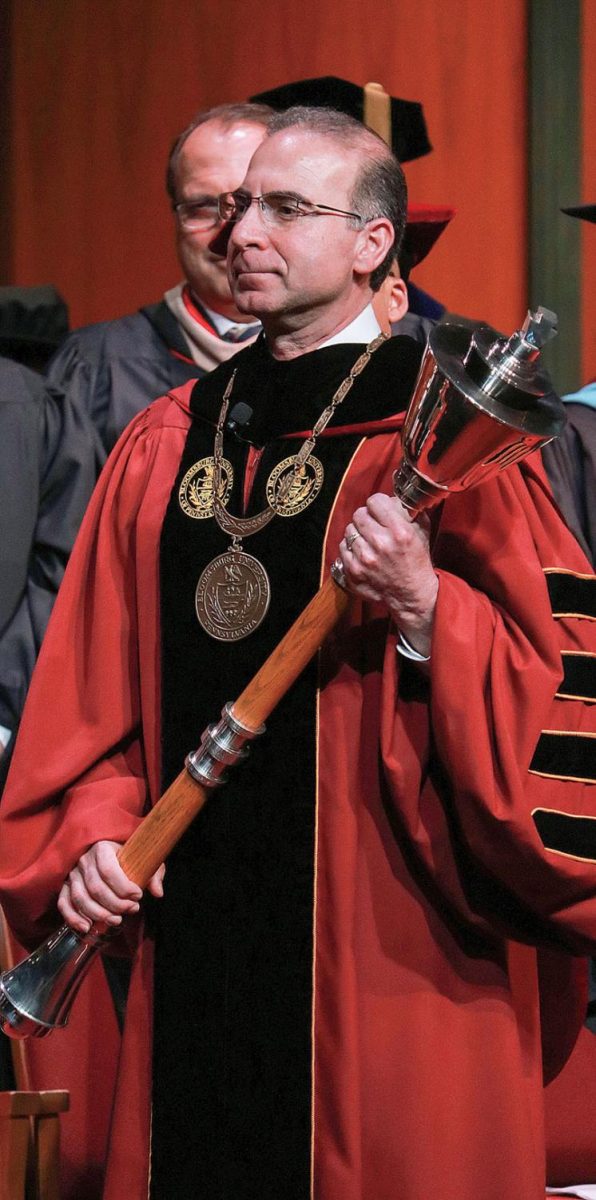In the halcyon autumn days of 2016, a grudge between the APSCUF (Association of Pennsylvania State College & University Facilities) and the PASSHE (Pennsylvania State System of Higher Education) morphed into a week-long strike.
The former is the union that represents primarily professors in the state school system, including Bloomsburg University. The strike revolved around their contracts, one in which professors felt that they received the short end of the stick.
The chancellor, Frank Brogan, felt a deal could be negotiated which would not result in a strike. Everything was done on part of the university to mitigate the probability of a strike. Nevertheless, the beating of drums, endless cycle of chants and the five-day break ensued.
This being said, all humans are self-interested. This applies to professors as well as students. The professors, as a union, choose to go on strike. The union made the explicit decision to go on strike because they desired salary increases. And this is what they received.
Yet, who was the loser in this situation? It was the students. They received the tuition hike for the 2018-2019 financial year. The union, in their own self-interest, desired this. As public employees – employees of the state – they wished for this. The students lost.
The case brought forth in the First Word article paints a relatively simple picture of employment in the United States. The resounding opinion stated is that unions are good for all of us, in some capacity.
The example laid forth here in the Last Word exemplifies the fact that someone will always be the loser in an economic situation. Unions only amplify the number of losers in our society.
However, the author of last week’s First Word is correct about the successes of previous labor unions in the past. Many of the successes come from the ancestors of today’s coal workers, some from areas like Columbia County, who face routine economic marginalization from Democrats.
Yet, these wins should be reserved for the history books – few, if any, were won in the second millennium; the modern era has no space for unions.
Many states, including Pennsylvania, are Right-to-Work states. This allows people to circumvent antediluvian union dues, allowing those who choose not to join a union to have the same economic advantage as those that do.
The data set forth in the First Word does not accurately paint the picture of the modern worker.
The handful of unionized jobs in this country belong to those with jobs that require skill or higher education. It is not the fast-food worker or Amazon employee that the First Word is trying to portray. The few remaining unionized jobs in this country are reserved for the elite.
The rest have a chance to work for themselves instead of paying archaic union fees and cosigning the political (and often left-leaning) decisions cosigned by their unions.
Examining unions through the paradigm of the individualist principles in which this nation was founded was pivotal. The collective hive is paired against the rugged individual.
Unions are rendered moot in the modern era, given the Right-to-Work laws and the reality that Union jobs are so limited. Their existence will be rendered irrelevant in the consequent decades. Harkening back to the introduction of the piece – never forget what unions did to you as a student.
Unions are not holy or benevolent institutions, but rather organizations working for their own collective desires.
Thomas is a senior Political Science major and a member of the BU Republicans.
















